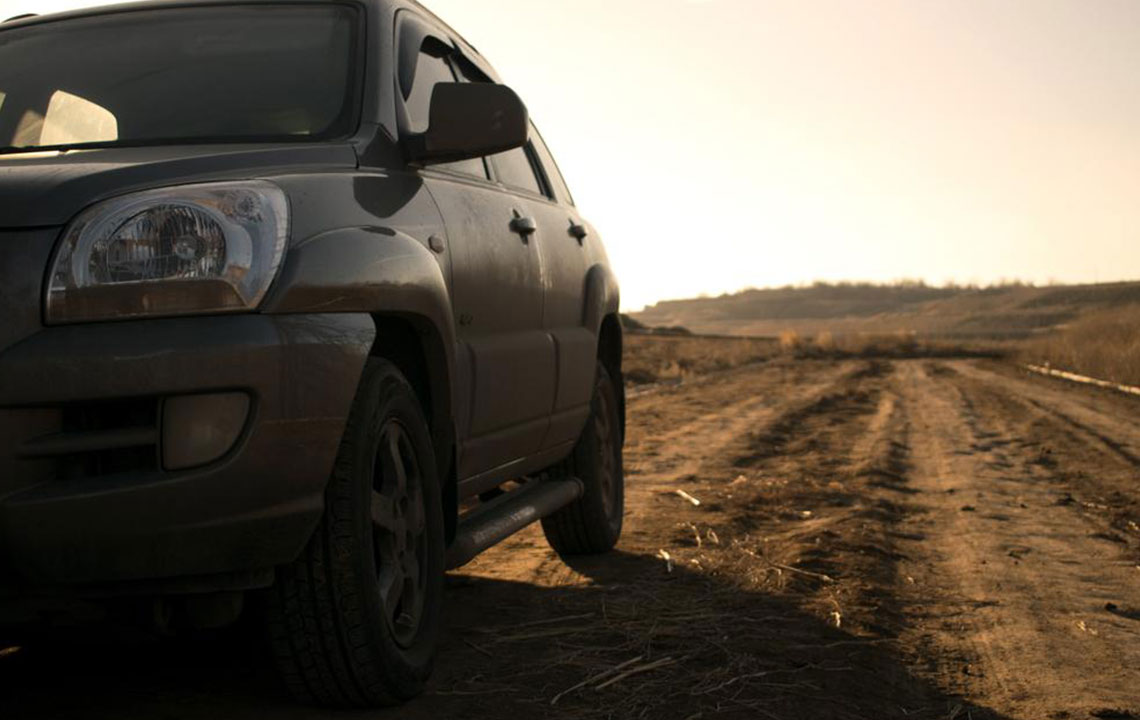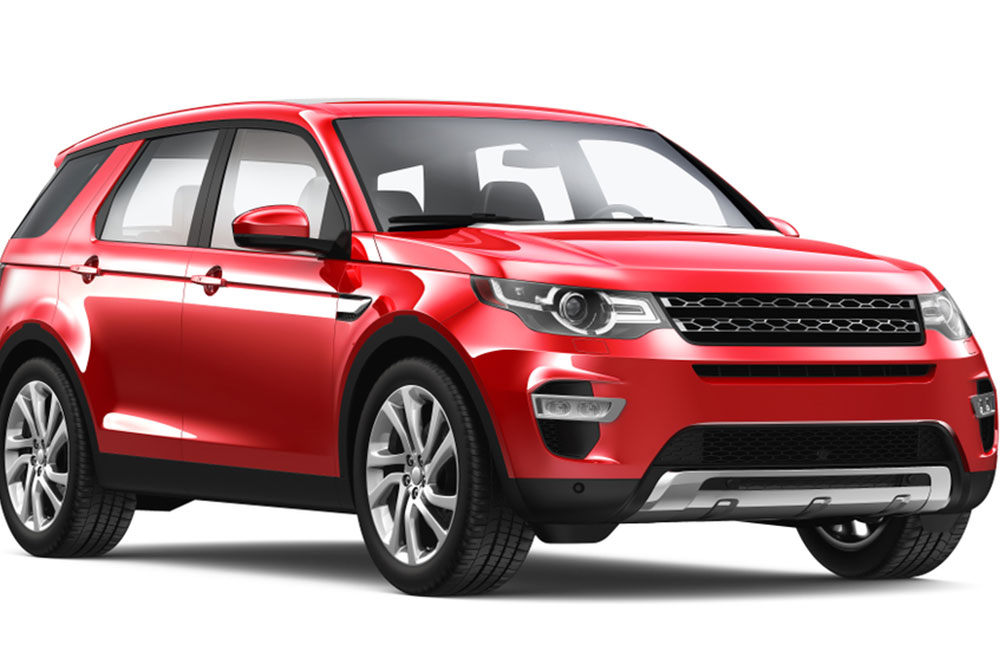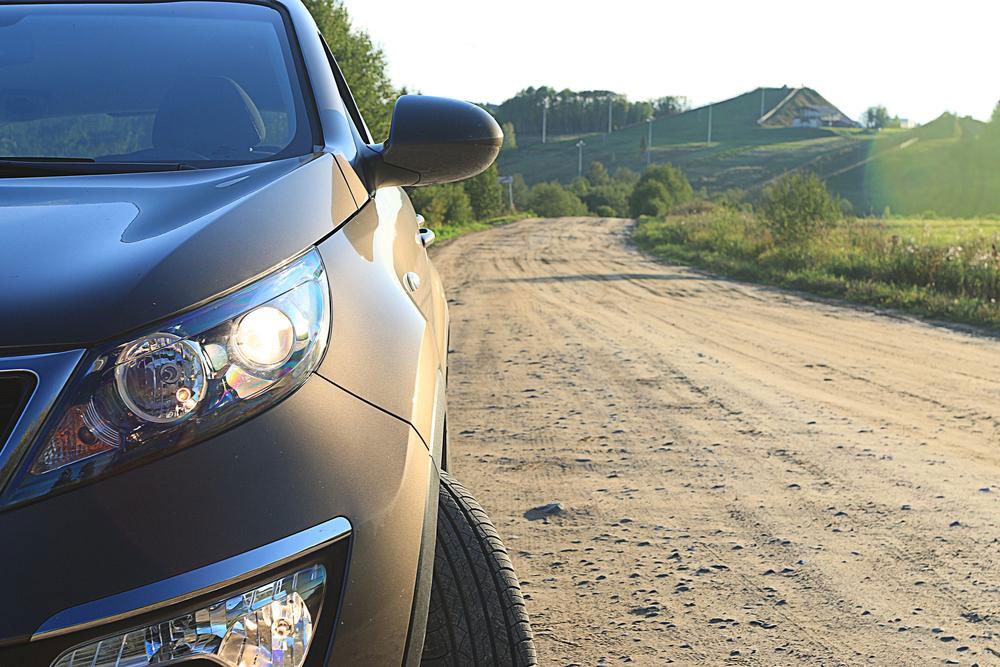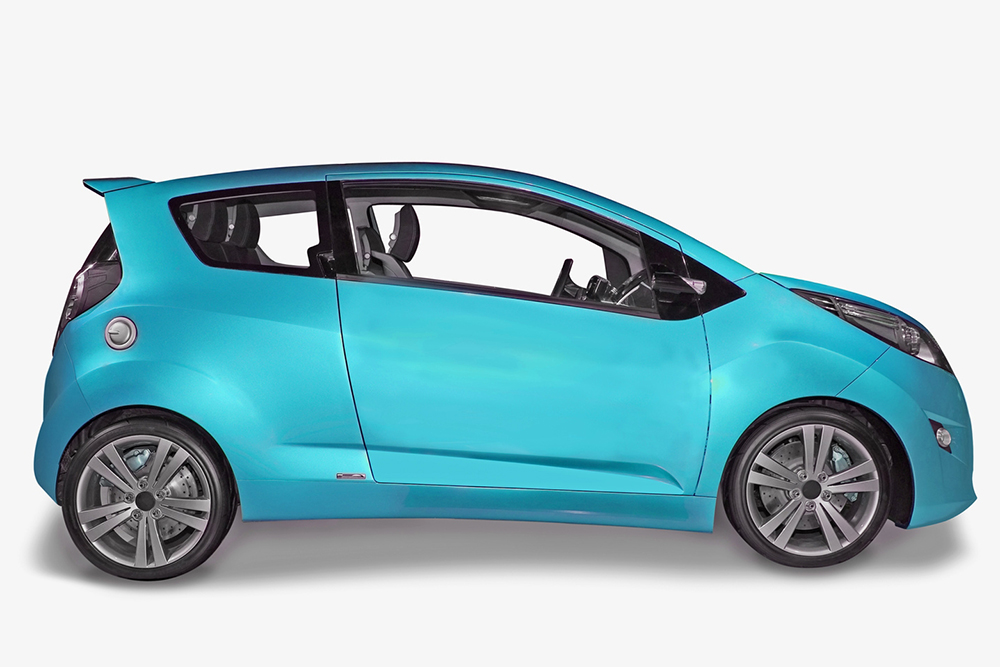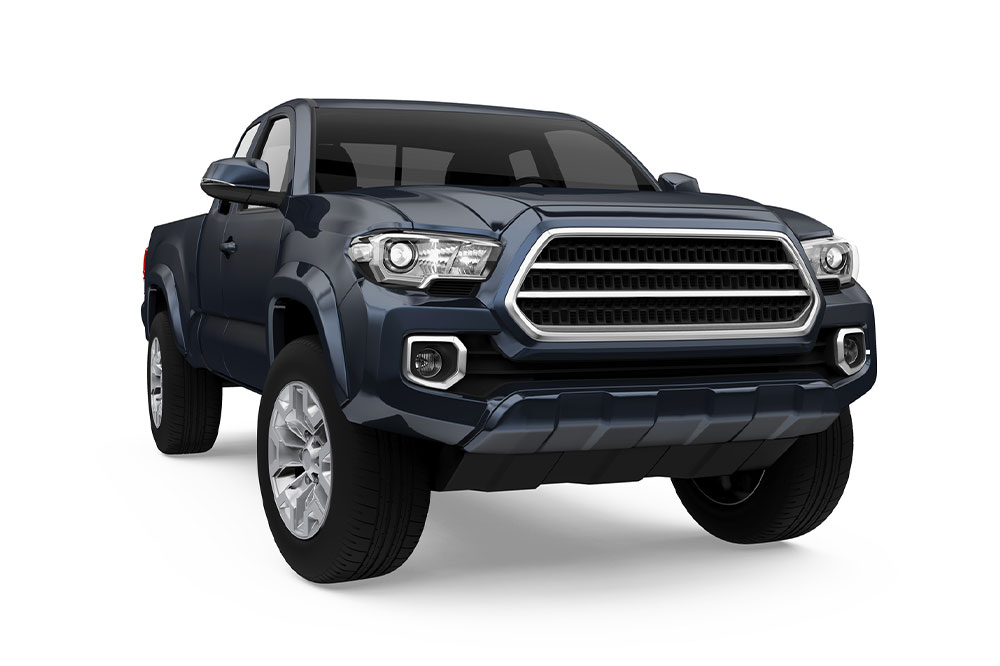SUVs vs. Crossovers: Key Differences Explained
Discover the key differences between SUVs and crossovers, including design, build, fuel efficiency, and performance. Learn which vehicle suits your lifestyle—rugged adventure or family comfort. Understand the distinctions with practical examples like Ford Explorer and Toyota Highlander. This guide helps buyers make informed choices by clarifying vehicle features and purposes.

Understanding the Main Differences Between SUVs and Crossovers
The distinction between full-sized SUVs and crossovers is significant. An SUV is built on a truck chassis, offering rugged capability, while a crossover is constructed on a car platform, prioritizing comfort and efficiency. Did you know that many vehicles perceived as SUVs are actually crossovers? Crossovers combine SUV aesthetics with car-like driving comfort, making them popular for families and urban use.
As crossovers grow more SUV-like, confusion rises. Here's a quick comparison: SUVs use a body-on-frame design suited for tough terrains, whereas crossovers feature unibody construction for better fuel economy and smooth city driving. Many models like Ford Explorer and Toyota Highlander are classified as crossovers, blending style and practicality.
Both vehicle types differ in design and purpose. SUVs are rugged, suitable for off-road adventures and towing heavy loads, with higher ground clearance and tougher suspensions. Crossovers lean towards comfort, modern looks, and fuel efficiency, ideal for city commuting and family outings. Recognizing these differences helps buyers choose the right vehicle for their needs.
Examples of crossover SUVs include Ford Explorer, Jeep Grand Cherokee, Toyota Highlander, and Nissan Pathfinder. Understanding these distinctions can guide you to make informed vehicle purchases in the future.
Note:
Our blog covers diverse topics, offering useful insights based on thorough research. However, information may vary or become outdated over time. We recommend verifying details for your specific needs before making decisions. The site does not assume responsibility for discrepancies or errors found elsewhere, and some offers or schemes may not be featured here.

